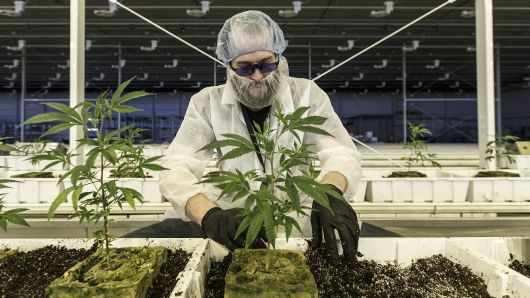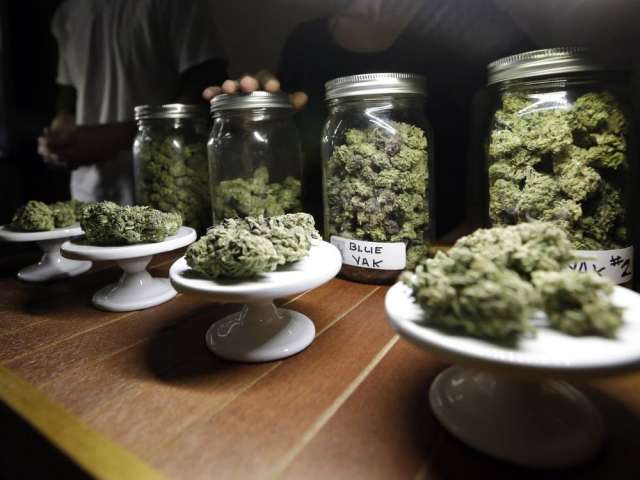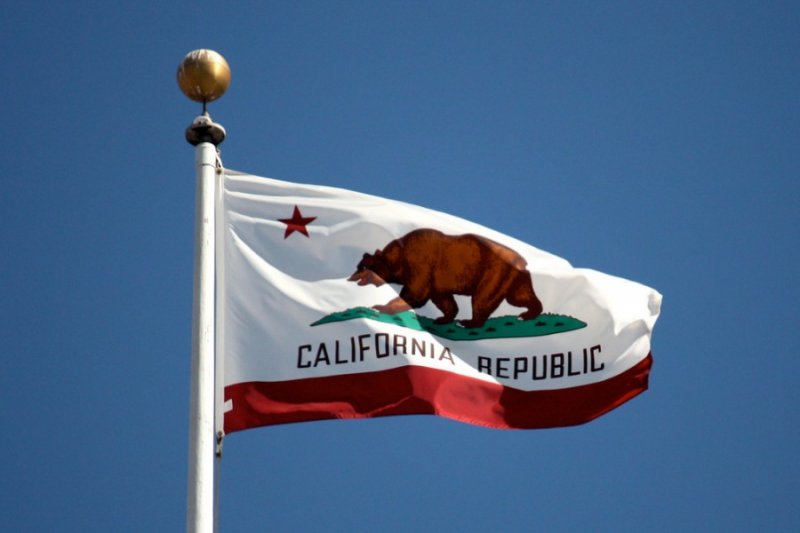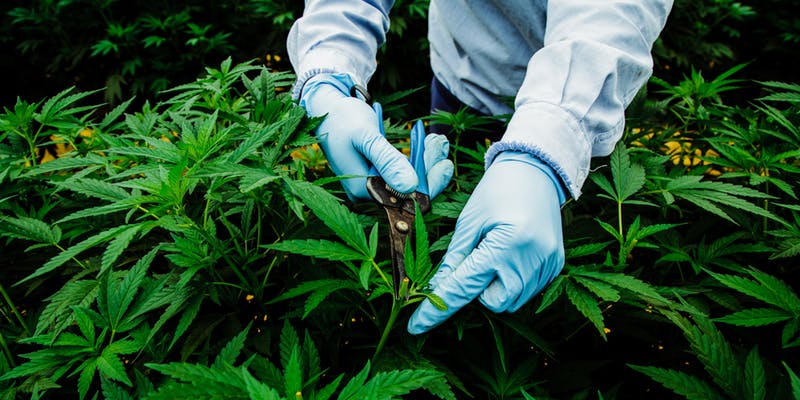Cannabis needs a new taxonomy. Strain names are detrimental to the progress of the cannabis industry. Let’s dig in to this issue by looking at the story of a woman, who we will call Lydia:
At 49, Lydia has finally succumbed to the suggestions of her family, and decided to try cannabis to manage her chronic back pain. She has avoided cannabis ever since having a terrible experience with it in college, but believes her family when they say that cannabis medicine has evolved. Given the vast variety of products these days, the right strain is out there, somewhere.
After getting a recommendation from her doctor, Lydia visits the dispensary closest to her home. The space is clean, the staff is helpful, and she leaves with a flower product, “Blank Check,” that she is hopeful will overcome her typical trouble falling asleep.
She gets lucky!
She gets unlucky.
The dispensary has run out of “Blank Check.”
Using some online tools, Lydia finds a different dispensary carrying the same strain. She gets home and is shocked to discover that this time, “Blank Check” makes her heart and thoughts race. These feelings remind her of her bad college experience, and once again she turns away from cannabis therapy.
The fundamental issue here is that cannabis strain names are essentially meaningless.
In rare cases, there may be an accurate nod to the breeding history of the plant, the place it originated, or the psychological experience it produces. In most cases however, the naming of a strain is an arbitrary decision made by a human, in order to bring different products to the market.
A Canadian study recently demonstrated that a whopping 35% of cannabis “strains” are nearly identical (genetically) to a strain with a different name.
Lydia’s problem, in a nutshell.
Lydia needs a way to find HER medicine, and to consistently and reliably differentiate it from the thousands of others out there. It is a truly cruel thing to give a patient a product that works, with absolutely no guarantee that they could find it again.
Let me repeat that… There is no guarantee that you can find the same “strain” ever again, even though it might be labeled with the EXACT SAME NAME.
So what are the non-arbitrary means by which patients can consistently track down their medicine?
The DNA double helix is the backbone of genetic information.
1) Genetics. Modern molecular taxonomy is a truly useful tool. Being able to classify a plant based on its DNA is an incredible development in cannabis science. Although there may very well be specific genes that encode for the production of specific molecules like THC or myrcene, environmental conditions can have a huge impact on the chemicals present in the plant. I’ve personally reviewed data sets where an identical genotype (Cannatonic in this case) produces anywhere from 3.8 to 7.2% THC, which might be enough to create a very different experience for some people.
2) Indica vs. Sativa, which really refers to the morphology (physical structure) of the plant. Plants with similar appearances tend to be genetically similar to one another, so there is at least some validity in that. However, there has been so much clandestine, uncontrolled, and undocumented cross-breeding of cannabis varieties over the last century that in a modern dispensary, these labels provide very, very little predictive value, in terms of the effects the plants produce.
3) There’s also chemotaxonomy, or the classification of plants based on the chemicals within the plant. As a pharmacologist, I think this is critical. Pharmacology is essentially the effect, or experience produced by a substance that acts within the brain and body. Cannabis contains hundreds of biologically active molecules. The sum total of these individual players is the basis of the psychological and bodily effects. Just as a symphony of individual instruments produces a musical piece.
So where do we go from here?
Do we give patients a tool to seek out plants with a particular chemical profile at their local dispensary?
Do we throw chemistry to the wind in favor of a stable and unique genetic identity?
My guess is that it will probably be a combination of both. However, the development of a descriptive and useful taxonomy will require a universal, concentrated effort across the scientific community.
For Lydia’s sake, you can count me in on this effort.
Dr. Adie Wilson-Poe is an NIH-funded neuroscientist who has been studying cannabinoids for more than a decade. She is currently a faculty member at the Washington University School of Medicine and the co-founder of habu health, a cannabis informatics enterprise. You can find her on Facebook and follow her on Instagram and Twitter @DrAdiePoe.
credit:theweedblog.com













